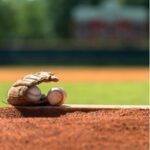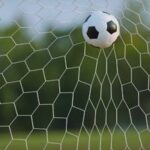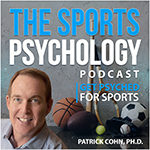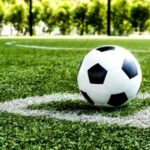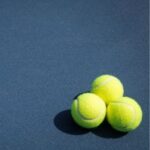Discover Proven Mental Strategies Pro Athletes Use to Help Them Win!
Discover the secrets to think like a champion so that you can perform like one. Confidence is the name of the game–don’t leave it to chance. Get expert mental game coaching from our certified mental coaches. Improve confidence and consistency today from anywhere! BOOST CONFIDENCE TODAY…
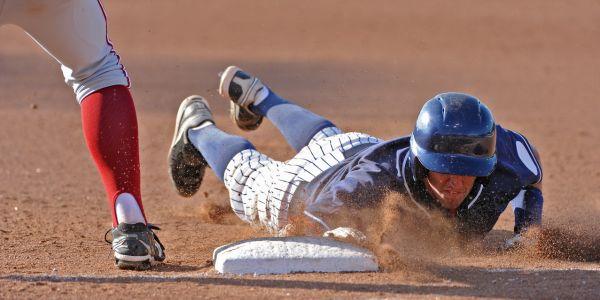
Featured In





Improve Sports Confidence
GET COACHING
Do you under perform in competition? If so, learn how to take your practice game to competition. You learn proven mental skills to improve performance in competition and take your practice game to competition.
TEAM TRAINING
Train your team for superior confidence. Coaches understand the importance of high confidence, composure under pressure, and teamwork! Learn sports psychology strategies to improve performance.
KIDS’ MENTAL TRAINING
As a parent, you want the best for your children, whether it’s at school, at home or in sports competition. However, if your young athletes under perform in competition, they may need help with their mental game.
SPORTS PSYCH MP3s
Our sports psychology books, CDs, and workbook programs are perfect for any athlete, sports parent, or coach. The popular Confident Athlete and The Confident Sports Kid CD and workbook.
FREE MENTAL GAME TIPS
Read sports psychology articles and watch videos to improve performance. Peak Performance Sports provides tools and resources for athletes, coaches, and sports parents to improve performance & success.
MGCP CERTIFICATION
Get certified as a Mental Game Coaching Professional (MGCP). You learn powerful strategies to help you be a successful mental game coach! Our certification is designed for professionals and coaches.
Video Mental Coaching

JOIN A FREE 15-MINUTE
MENTAL COACHING SESSION
Get Video Mental Coaching
from Anywhere in the World
Call 407-909-1700 or 888-742-7225

What Clients Say
“Thanks a lot for your help with the mental coaching. I’m so happy I won against David Allen. I was nervous earlier in the day, but when I got to the arena, I was so calm and ready to trust in my skills. I was patient and stuck to the game plan.”*
~David Price, Boxer
“The last competition went perfect. Was I confident? Yes. Am I letting go of mistakes and staying in the moment? Yes. Was I instinctual? Yes. Am I positive with partner? Yes. From the mental game, I would say this was a good competition.”*
~J.L. Lewis, PGA Tour
“Working with Dr. Cohn has helped me adopt the next play mentality. I’ve been able to play more decisively and commit fully to making the throw. If I don’t feel perfect, I know I can still have a good game. I thank you so much for your help.”*
~Mac Jones, Alabama
Sports Psychology Articles
- 3 Strategies to Break Out of a Performance Slump for AthletesHow Can You Break Out of a Performance Slump? Can you think of a single athlete in any sport who has never experienced a slump? Every athlete—elite or beginner—goes … Sport Psychology Article…
- 3 Ways to Build a Positive Team IdentityHow Can a Strong Team Identity Help with Adversity? Summary: Discover how athletes and coaches can build a positive, powerful team identity that drives unity, resilience, and consistent performance. Using the … Sport Psychology Article…
- 4 Strategies to Overcome Self-DoubtHow Do Athletes Overcome Self-Doubt? If you have never achieved a particular standard, ranking, or time in the past, what makes you think you can in the near future? This question is at … Sport Psychology Article…
- 3 Ways to Turn Adversity into AdvantageHow Can Athletes Use Setbacks as Fuel for Growth Summary: Adversity is an unavoidable part of every sports season, but it doesn’t have to derailperformance. Injuries, slumps, and tough … Sport Psychology Article…
- 4 Strategies to Deal with DoubtersHow do I Stay Confident When Others Doubt Me? Summary: You stay confident when others doubt you by rejecting their doubts and focusing on what you can control. Treat … Sport Psychology Article…
- 4 Ways to Overcome Self-Doubt for AthletesCan You Perform Your Best When Doubting? How do you overcome self-doubt during competitions? Do you actively attempt to implement strategies to counter your doubts? Every athlete, no matter how experienced, has moments of doubt. Doubts can … Sport Psychology Article…
- Mindset Tips for Navigating Social MediaIn this episode, you will learn strategies to manage social media as an athlete in today’s society. We discuss how to keep your focus solely on competing. Dr. Patrick … Sport Psychology Article…
- 5 Ways to Deal with Athletic SetbacksHow Do You Stay Mentally Strong During Setbacks? Setbacks are an inevitable part of every athlete’s journey. Whether it’s injury, a performance slump, reduced playing time, or personal struggles, … Sport Psychology Article…
- Mindset Tips for Navigating Social Media for AthletesAre Athletes Letting Social Pressure Hurt Their Performance? In this video, you will learn strategies to manage social media as an athlete in today’ssociety. We discuss how to keep … Sport Psychology Article…
- 4 Mindsets to Feel Comfortable at a New ArenaHow do Athletes Get Comfortable with a New Arena? Summary: New competition environments can increase anxiety by removing the sense of controlathletes rely on. Unfamiliar surroundings can disrupt focus … Sport Psychology Article…
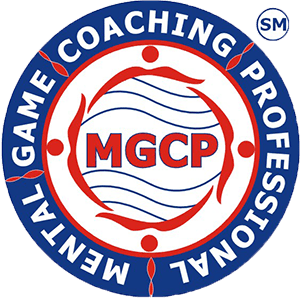
Become a Mental Game Coach with our Unique MGCP Certification program.
You’ll tap into Dr. Cohn’s 30+ years of experience as a mental game coach to junior to professional athletes. A one-of-a-kind mental coach certification course, the Mental Game Coaching Professional (MGCP) program teaches you how to do assessments and teach mental toughness skills. In the 10-week mental coach certification course, you meet with other professionals and Dr. Cohn live via video conference technology to discuss what’s working with athletes today.


